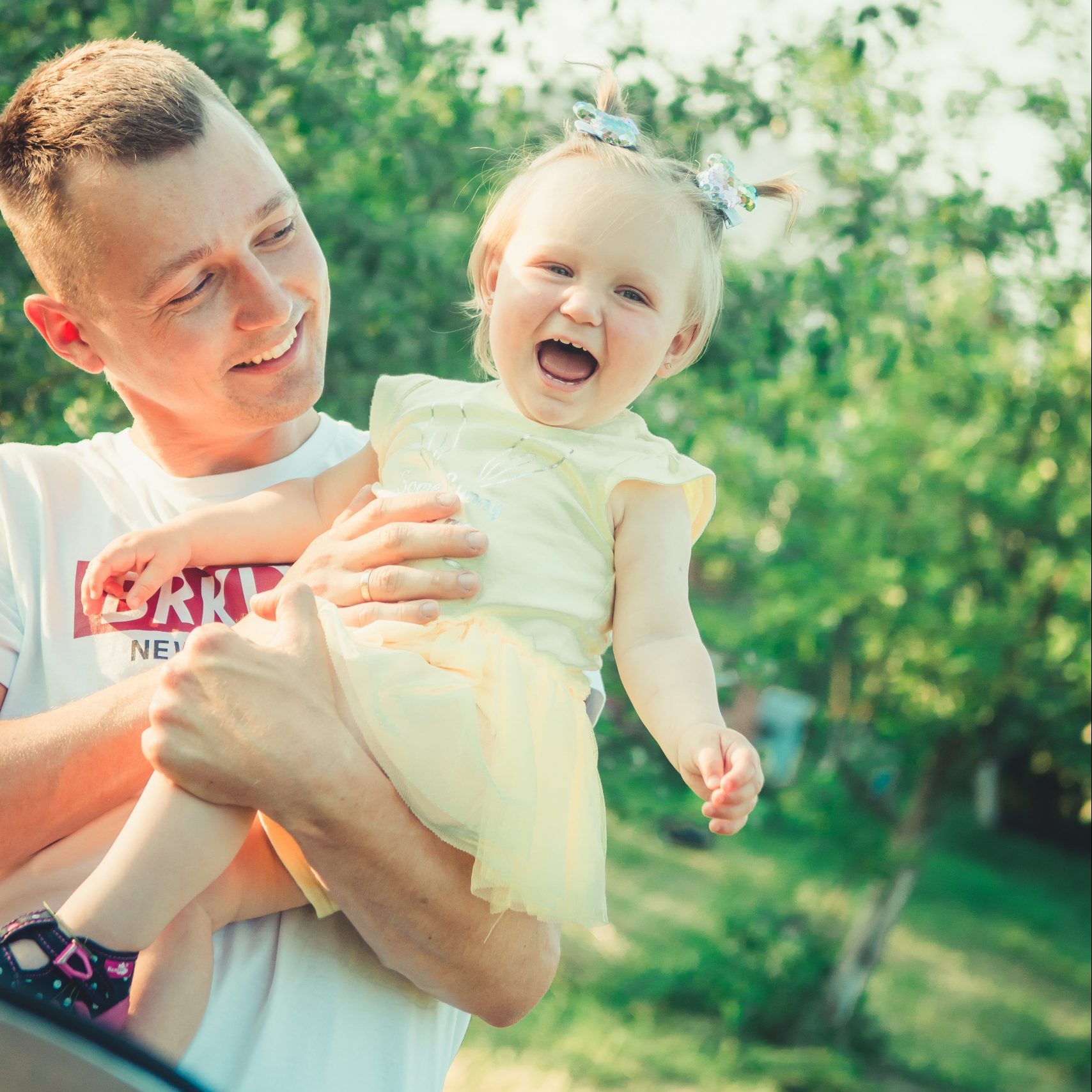What does it mean to be a dad today?
There he comes, the head of the family, in his long, loose linen shirts and long socks made of wool. The father who represents authority, the one who holds the keys to morality. The primary parent.
Fast-forward to the 21st century, and a lot of things have changed. Say goodbye to 17th-century America with its well-defined gender roles. But also say farewell to every other shift that happened in between, such as industrialization and men leaving their homes daily to go make money, instead of working at home on the family land.
There’s no doubt that fatherhood has been redefined. WE have redefined it, as a society. But while the pros of this modern advancement are indisputable, we also must admit that there are still a lot of gray areas out there, as well as many obstacles facing today’s dads. For starters, what does it mean to be a father in 2020?
The characteristics of today’s dads:
In general, being a dad in 2020 means being involved physically and emotionally in the lives of your children much more than in the past. “New dads” make a point, for example, to attend their kids’ extra-curricular activities and they are more willing to take on the role of emotional support than their predecessors. These changes can be statistically measured:
Childcare and dads
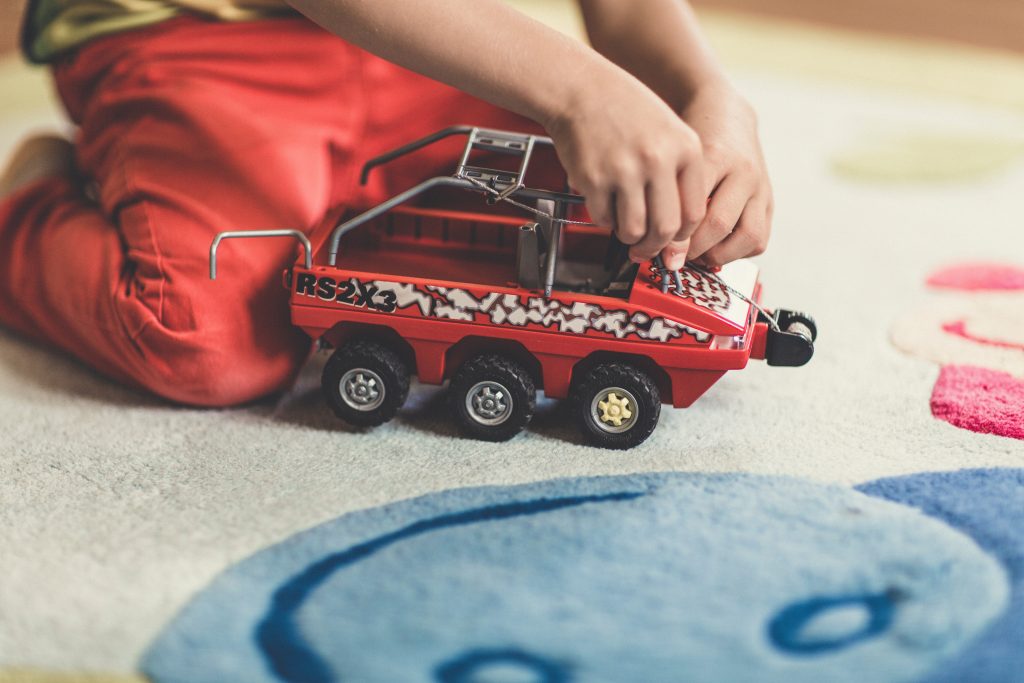
What’s one aspect of childcare (or should we say, newborn care)? Changing diapers. Probably not something anyone really loves doing (especially when we know that a newborn may necessitate to be changed about 8 to 12 times a day), but something that is inevitable for the well-being of everyone. And 40 years ago, 43% of dads declared that they had never changed a diaper. Today, this number has dropped to only 3%. In addition, dads are now spending an average of 8 hours per week on childcare, which promotes bonding between them and their children.
Household chores and dads
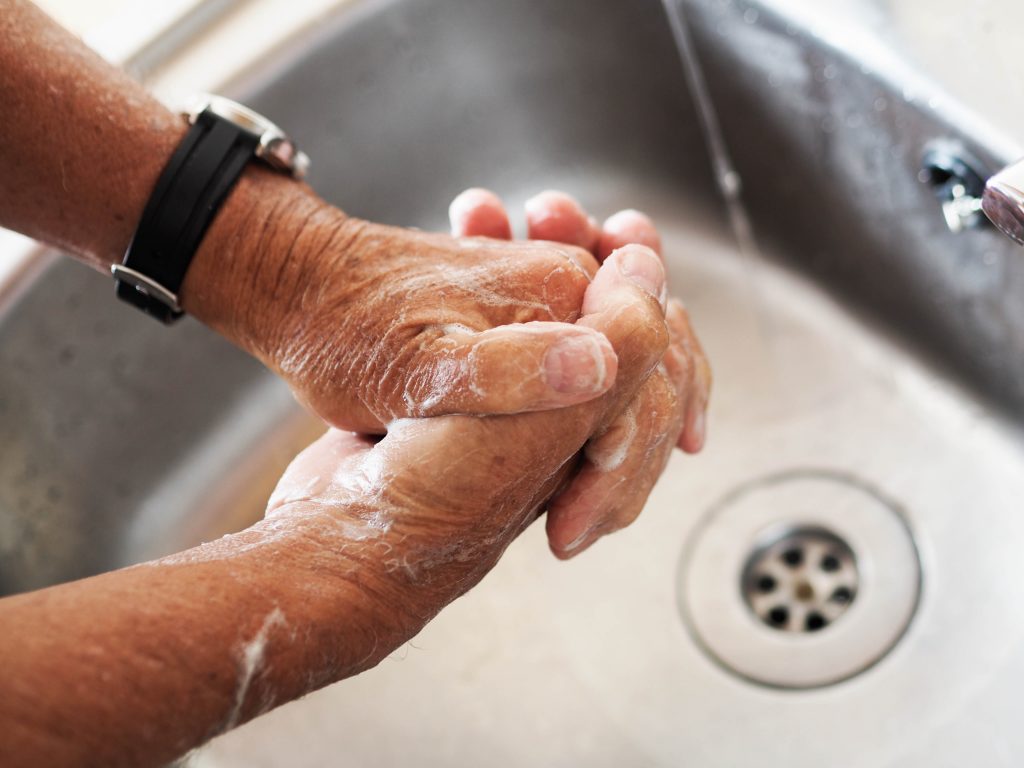
Modern dads are also more familiar with using brooms and cleaning products. Sharing household chores to help the mom is one component of their role as fathers. According to a 2016 survey, dads spend 10 hours a week on household chores, 2 more hours than their time spent on childcare.
Stay-at-home dads
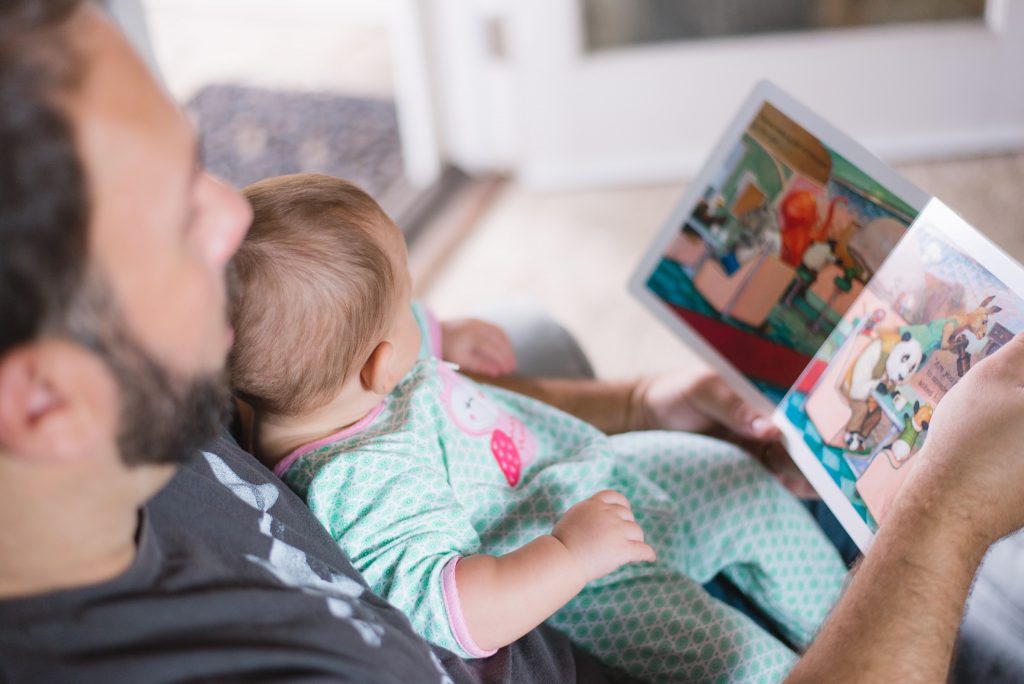
Some men even take it a step further and decide to stay at home. 7% of dads now do so, compared to only 4% in 1989. And while women still represent the majority of stay-at-home parents, fathers are slowly catching up, since 17% of all stay-at-home parents are now male.
Fatherhood enjoyment

Last but not least, fathers tend to enjoy being fathers at an increasing rate. Compared to the 17th century, when “all adult men were expected to become fathers” and their role consisted mostly in disciplining and teaching morality to their children, modern men have more freedom.
Becoming a dad isn’t seen as a man’s life main accomplishment anymore, so men can decide whether to become dads or not, and they can also define their own responsibilities as fathers.
As a consequence, a majority of them (54%) find parenting to be rewarding, and 46% of them even say they enjoy being a dad all the time.
The challenges and obstacles dads are facing today:
Dads are more committed and enjoy the time spent with their children more than ever before, but they also face real challenges and obstacles. And these are new, unique roadblocks that their own dad may not have experienced.
Finding a work-family balance

It’s clear that today’s dads want to do more in general, and this desire is reflected in all the points we discussed above. However, many fathers are torn between their professional and personal lives. Statistically, that’s 52% of them who said in 2015 that they are struggling to find a good work-family balance. The lack of mandatory paternity leave – a situation unique to the United States – may explain part of this difficulty. Additionally, men say they still face a lot of pressure to provide financially for their families, and their own interest in their career may sometimes come first. All of these elements can result in conflicting feelings for dads, who “want to climb the corporate ladder but at the same time want to spend more time with their children”.
Co-parenting
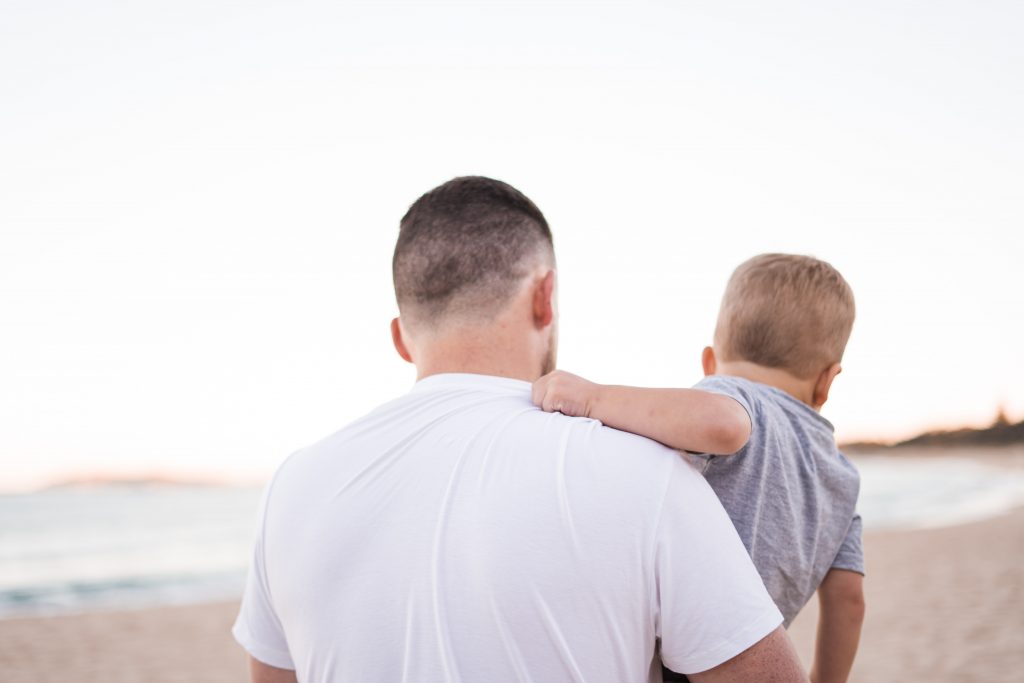
In a day and age when one-in-five children are living with a solo mom, and full custody is most usually granted to moms, it can be extremely difficult for dads to spend quantity and quality time with their children. As co-parenting may bring fights and challenging negotiations, dads may feel disconnected and left out, resulting in lower engagement with their kids.
Undefined roles
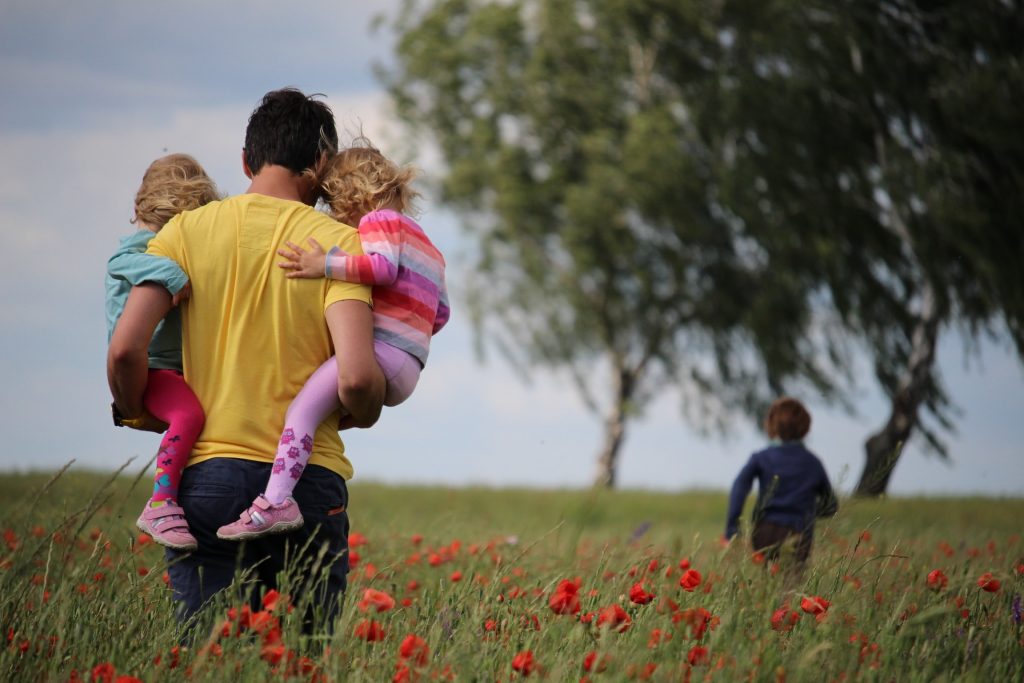
Dads have come a long way in the past few decades. They are more present in the home and for their children, starting at a younger age. Yet, the new expectations and evolving gender roles can sometimes leave them feeling confused and guilty. Indeed, in most households, moms are still doing more and this can lead to “differences in perception between partners.” As a consequence, men may feel guilty and doubt their parenting skills.
Feeling unprepared

Becoming a dad all starts with pregnancy. Unfortunately, this is the very event that men don’t get to experience, making transition to fatherhood more vague for them than for women. The researchers of transition theory state that every transition is “potentially threatening and harmful”, because each waiting period is filled with uncertainty and vulnerability. Women get to feel every milestone with their bodies changing, but men can’t. This is why some men feel unable to “engage in the reality of the pregnancy”, a “lack of knowledge”, and “a feeling of isolation”.
As fatherhood evolves, each dad will get to experience his own set of triumphs and obstacles based on his family situation. All in all, it is important to remember that becoming a dad is not so much about fatherhood as it is about fathering. We can’t eliminate all challenges, but we can work toward being prepared, preventing and solving issues that other men have gone through before us.
Are you ready to start your journey?
DadLINE is dedicated to serving dads and families by supporting education, healthy relationships, child well-being, and financial stability. We focus on each father’s individual needs and interests and implement an 18-week curriculum. DadLINE is a service of Lifeline, located in Kirksville, MO.
- Make an appointment online: https://dadlineprogram.org/appointments/
- Make a phone call: 660-665-5688
- Send us an email: dadline@lifelinepregnancyhelp.org
- Text us: 660-300-6603
Resources:
https://www.mother.ly/news/millennial-dads-spend-more-time-with-their-kids/dads-are-being-seen
https://www.sciencedaily.com/releases/2018/06/180612185124.htm
Draper, J. (2003). Men’s passage to fatherhood: an analysis of the contemporary relevance of transition theory. Nursing Inquiry, 10(1), 66-78. Accessed on Deepdyve.
https://www.apa.org/pi/families/resources/changing-father
Families Without Father – Fathers, Marriage, and Children in American Society David Popenoe
https://www.healthline.com/health/baby/how-many-newborn-diapers-do-i-need

